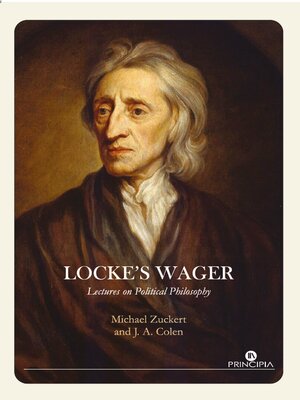
Sign up to save your library
With an OverDrive account, you can save your favorite libraries for at-a-glance information about availability. Find out more about OverDrive accounts.
Find this title in Libby, the library reading app by OverDrive.



Search for a digital library with this title
Title found at these libraries:
| Library Name | Distance |
|---|---|
| Loading... |
Locke's case for the law of nature has been called the "workmanship argument." We are self-owners. Locke seems to be speaking to that common way of understanding ourselves when we say things like "my life," "my body," "my mind." Being self-owned gives us the sarne rights and immunities, the sarne rights to life, liberty, and estate, as being God-owned does. Thus, Locke has given us two paths to the sarne destination, though it is difficult not to suspect that these two paths are in some way or another incompatible with each other. Why might he have done this, and what mightit signify thathe has? One way to understand the relationship between the two arguments might be to understand this as something like "Locke's wager," borrowing here from Pascal. He signals, in various ways, his uncertainty about this argument. ln the face of this uncertainty, he may have decided to appeal to the self-ownership argument as one with similar moral and political consequences, yet one about which he had fewer reservations about his ability to make good its foundation.







